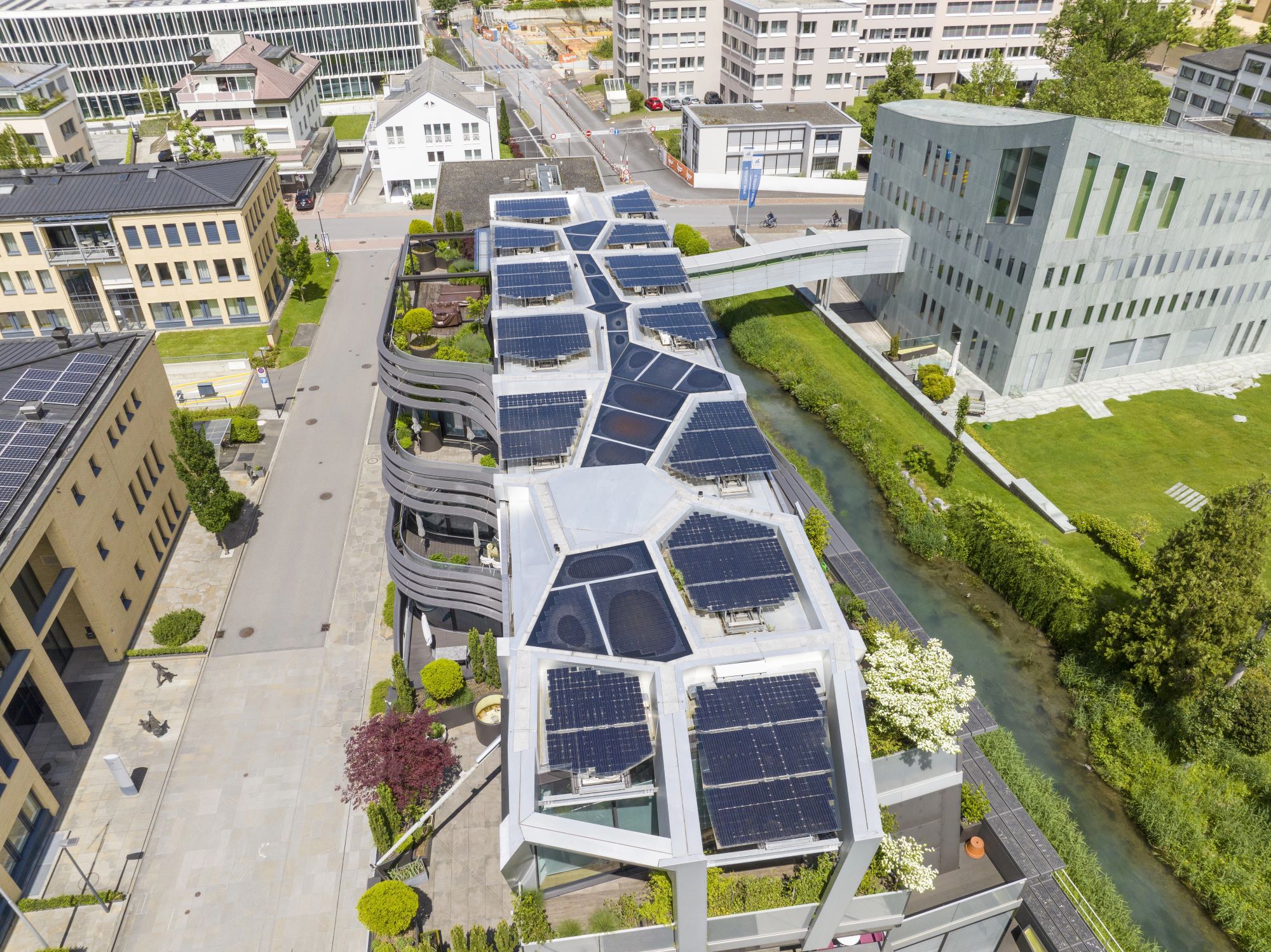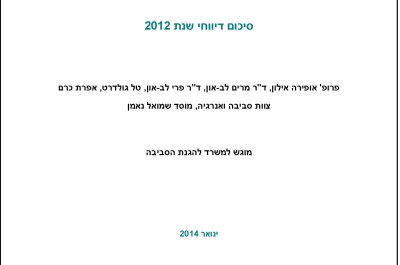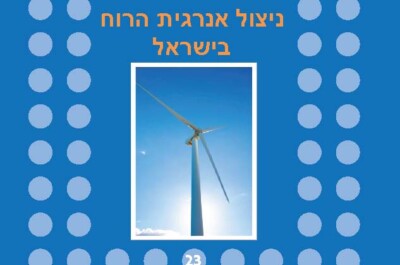 / Science, Engineering & Technology / Energy & Environment
/ Science, Engineering & Technology / Energy & Environment


The Samuel Neaman Institute interdisciplinary energy and environment research cluster encompasses a broad spectrum of focus areas. It explores the sustainability of energy and waste supply chains, examining diverse policies and management approaches. The focus extends to strategies for minimizing greenhouse gas emissions through the promotion of innovative technologies, economic incentives, and enhancing policymakers’ understanding of the social and psychological factors that influence changes in attitude and behavior. Additionally, our research addresses climate change adaptation, emphasizing urban resilience and the advantages of forests and open spaces in promoting personal resilience through contact with nature. Furthermore, our team investigates drivers of food waste, measures to address them, and policies aimed at reducing food waste.
Liron Amdur, Orna Raviv, Eyal Shimoni, Ofira Ayalon
Ofira Ayalon, Efrat Elimelech, Yaniv Reingewertz
Ofira Ayalon, Miriam Lev-On, Perry Lev-On, Naama Shapira

42 companies and organizations reported greenhouse gas emissions in 2012 to the Ministry of Environmental

Electric power generation by wind turbines is growing increasingly around the world, accounting currently for

A nuclear power station as part of the Israeli electricity market had been considered since

Many buildings in Israel, both private and public, were built in the years before prevalent

Photovoltaic (PV) systems are currently the most common method for producing solar electricity. Their great